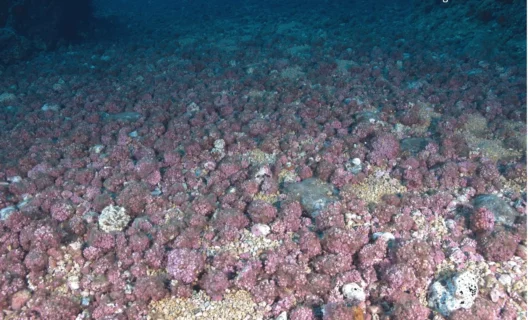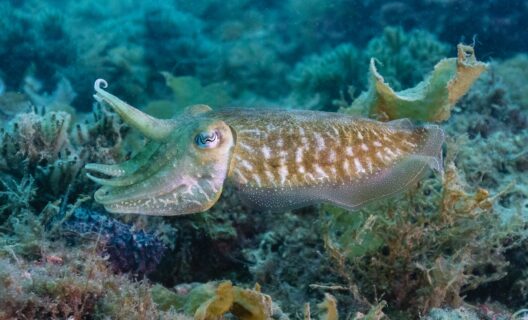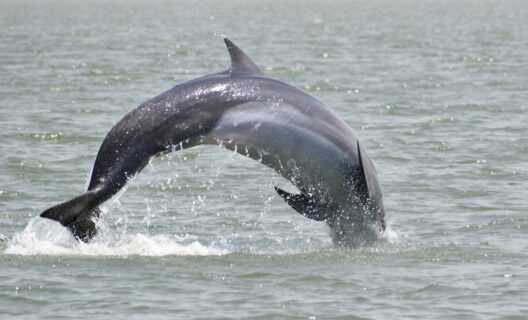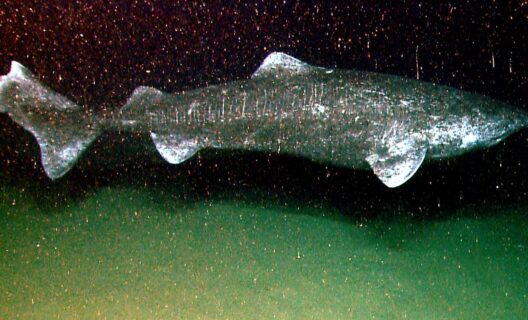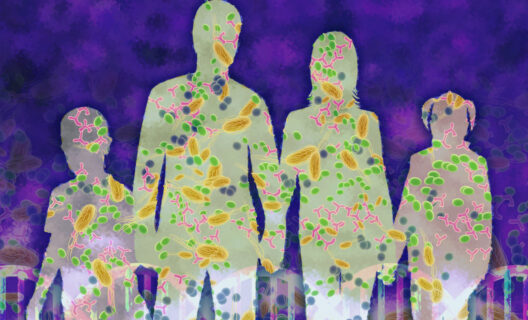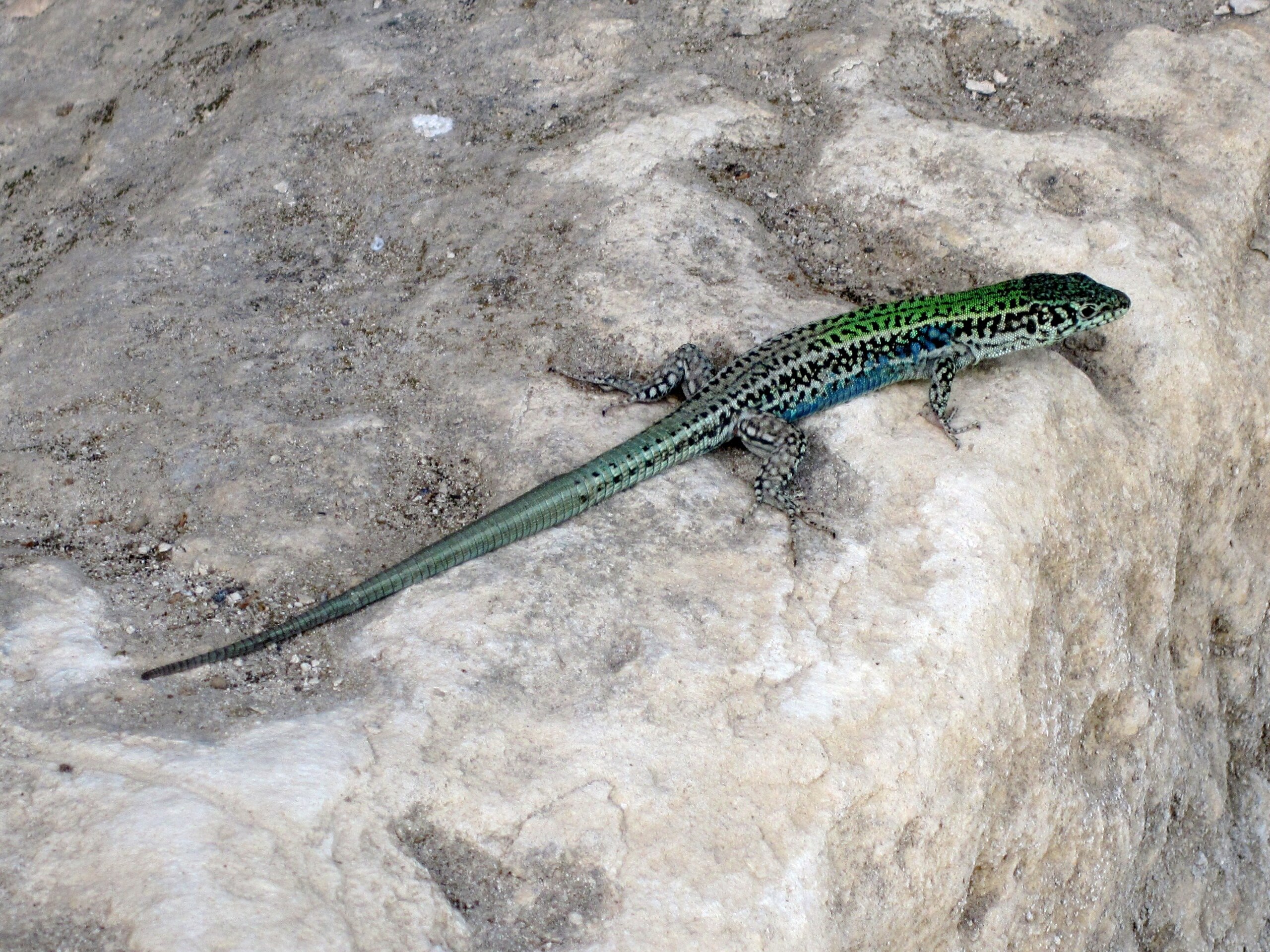

Reading time
0 min
Positive outcome for a new approach to research targeting social justice, equity and inclusion
A decentralized, inclusive and equitable model for reference genome production that promotes international collaboration and resource sharing can become a reality. This is evidenced by the success of the ERGA pilot project (European Reference Genome Atlas), the European node of the Earth BioGenome Project (EBP) that aims to sequence the genome of all eukaryotic species (i.e., all life forms that have cells with a membrane-bounded nucleus, which contains genetic material) on Earth.
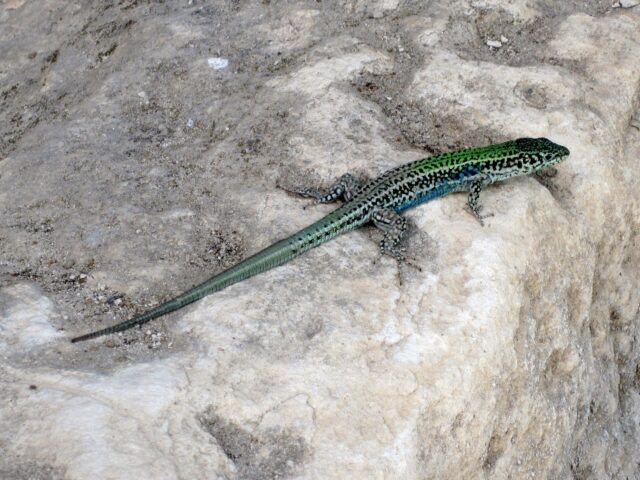
""
The sequencing of 98 European species
According to a report in npj Biodiversity, the ambitious project, which involved researchers from 33 countries, resulted in the genome sequencing of 98 European species, including some that are extremely important for biodiversity and the bioeconomy.
Species considered include the Bluefin Tuna(Thunnus thynnus), of biodiversity and bioeconomy importance, whose genome was sequenced thanks to the contribution of the University of Bologna;Argentina silus, a commercially valuable North Atlantic fish; Crete Lizard(Podarcis cretensis), a species native to Greece whose reference genome was obtained for the first time; and Aristotle’s Torpedo(Silurus aristotelis), also sequenced for the first time.
The successful outcome of the pilot project demonstrates the validity of a research model that has been able to overcome difficulties of various kinds, and is working to address technical, legal and social challenges.
""
The complexity of a new approach
From a technical point of view, several critical issues were addressed. Among them was the unevenness of the species selected for the pilot project, both due to the over-representation of some branches of the phylogenetic tree (such as mammals, birds, fish, etc.) and an imbalance in the availability of samples (countries with a longer tradition of scientific research and with more economic resources at their disposal were more present).
On the legal front, being an international project, ERGA had to deal with a complex web of national and international regulations to ensure that the collection and handling of biological samples complied with applicable laws.
Finally, there was no shortage of social challenges: the lack of comprehensive demographic data on project participants prevented a critical assessment of the inclusion and representation of minority groups.
""
A new model for more just research
Despite the difficulties encountered, the ERGA pilot project represents a significant step forward in biodiversity genomics and could serve as a model for similar initiatives around the world. The creation of an international network of researchers and institutions enabled the sharing of knowledge, expertise and resources, overcoming geographic barriers and economic disparities.
The journey goes on
Every story paves the way for the next: discover where biodiversity takes you


